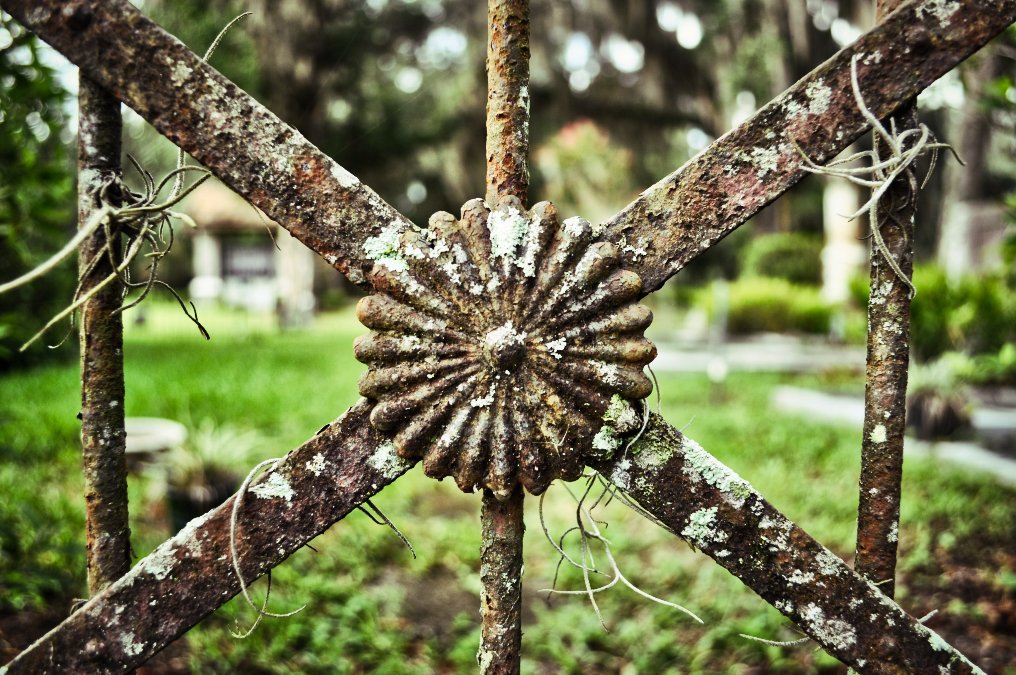In Which I Rage-Write About Writer’s Block Being a Real Thing
Please stop saying it doesn’t exist!
Special note: This was written after hearing a well-known and successful public creative say writer’s block doesn’t exist. I had an angry reaction to that opinion, and this essay was what came out. It’s full of strong feeling, and I’m publishing it as I wrote it because I think it makes an important statement. It is not meant to be some kind of hot take, nor is it meant to impugn on a personal level that specific person or other people who say stuff like this (that’s why I don’t name them). Ultimately I want to give them the benefit of the doubt, that they are simply trying to help people when they say writer’s block isn’t real. And I’m sure that does help some people. But not me, and in this essay I tell you why. For an extended and more benevolent version of this essay, listen to my podcast episode on dealing with writer’s block.
Over the years I’ve heard a number of writers and other creatives deny the existence of writer’s block. I think it’s wild people would do this. It’s demonstrably false, or put another way, there’s a preponderance of evidence that it does exist: most writers have at one time or another experienced a block, even if it’s for a short period of time. So why do we still have people going on record saying shit like this? Let’s break it down.
First, a definition of writer’s block, because it’s widely misunderstood. A mistake people make is that it means you can’t write a word. More likely it manifests as a feeling of having to force the writing, feeling uninspired and finding no joy in it, and dreading having to do it. Eventually this will lead to being unable to write. I’ve experienced this in both short and longer bursts. If you learn to identify it early, you can manage your block so that its duration is shorter. The causes are usually our own fears and insecurities about our writing, but sometimes other factors are involved: mental or physical illness, exhaustion or burnout, time-management challenges. And sometimes it’s a sign that writing just isn’t your thing, or that you’re writing novels when you should be doing screenplays.
I’ve heard people say writer’s block isn’t real because its origins are often psychological: “Writer’s block doesn’t exist, it’s just your fears and insecurities getting in the way.” This is akin to saying mental health challenges don’t actually exist because they’re psychological. Writer’s block is often a mental health challenge (mine is of this type). And this kind of statement is also offensive to people who struggle with brain chemistry-related depression who are blocked. To the people saying this kind of thing: stop right now. Your mental health privilege needs to be checked.
You’ll also hear people who deny writer’s block say stuff like, “I don’t allow myself to get writer’s block.” Okay, good for you. Again, check your mental health (or other) privilege. Choose your words more wisely, have some compassion for those who struggle. Your personal reality doesn’t elide the truth of other people’s lived experiences.
I get it that many people who say writer’s block is a myth are trying to help. And it may help a minority. But mostly it sounds shockingly misguided and patronizing. And I think many people who say this kind of thing are actually getting a dopamine hit from it: it reminds them how well they’re doing with their own writing, how they’ve “conquered” their own fears and insecurities and “mastered” self-discipline. In a culture that sees hard work as a moral virtue (and writing regularly is hard work), they get to feel very good about themselves, even hold themselves up generously as an example of what “anyone” can do if they put their mind to it and simply refuse to allow writer’s block to happen.
If you are one of the majority of writers who struggles with blocks, please understand that it’s totally normal and it’s real. There’s no need to deny the existence of writer’s block in order to deal with it. In fact, accepting that it happens, that it isn’t an implication of moral weakness or inherent laziness, will help you move through these periods faster. It’s okay to feel insecure about your writing, to fear failure. If you are struggling with mental health issues that hold you back, you have my compassion and understanding: me too. Sometimes we just need a break, that’s the honest truth. I find that taking short periods away from writing every month or so helps me maintain my enthusiasm over time.
If you are experiencing a longer period of writer’s block, my deepest sympathies. After I finished my PhD, my burnout was so severe I couldn’t write much of anything for two years. I endeavored, I made strides, but I couldn’t write. To those of you who maintain writer’s block isn’t real or crow about how you don’t “allow” it to happen to you, here’s what that sounds like to me: an invalidation of those heartbreaking two years of my life, of the struggle I encountered finding my way back to writing, and of the challenges I still face in managing my mental health while pursuing my creative dreams. Do you really want to imply that I am delusional when I have writer’s block, that I’m experiencing some kind of hysteria, or that I am simply lazy, that I lack the character necessary to be a “real” writer? Please attempt some kindness and compassion. The world certainly needs more of it, and you sound like an asshole.
















